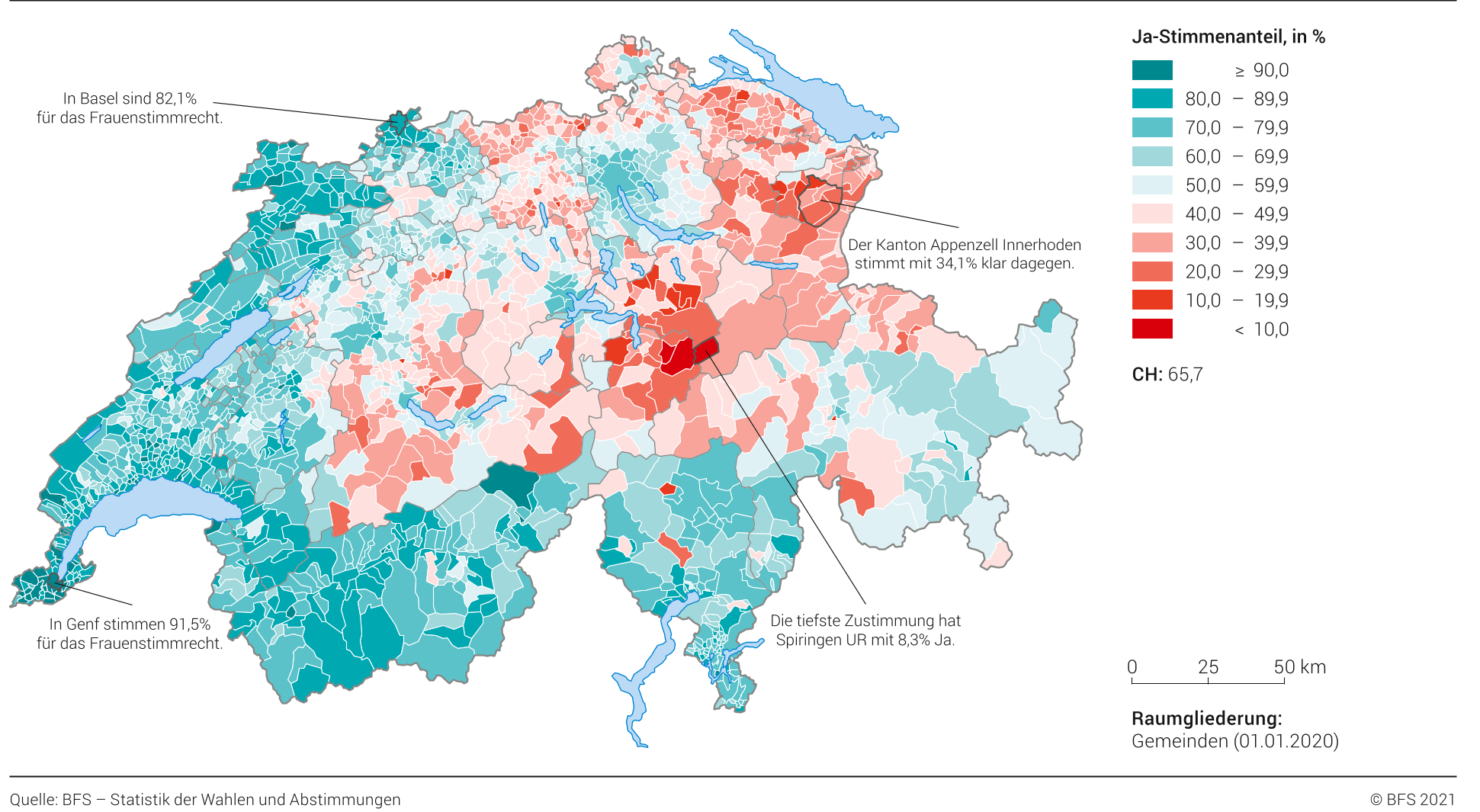Is today your Tax Freedom Day?
February 8, 2013, No comments
In Zug it was last month, in Neuchatel it’s next week: Tax Freedom Day.
Those dates are for someone on minimum wage, or about 50,000 francs a year for a single person, based on the proposed minimum wage of 4000 francs a month. If you’re a couple with children living on that income, then you’ve paid all your taxes by 12 January wherever you live in Switzerland.
The dates are based on a handy tax calendar that the Swiss Federal Tax Office has released, showing the Tax Freedom Day for 21 different income levels in all 26 cantons. Using that you can work out at what point in the year you stop paying tax, depending on where you live, how much you earn, your marital status and if you have children. Income tax in Switzerland is calculated at your place of residence, even if you work in a different canton, and there is tax competition between cantons and even communities. It’s a strange concept for many foreigners, for example income tax in Britain is the same if you live in Cornwall or Cumbria.
But, and it’s a big but, the calendar only covers income taxes paid at federal, cantonal and community levels. It does not include any social security payments (such as pension contributions or unemployment cover), health insurance, sales tax or any other obligatory outgoings that in other countries might be collected partly within the tax system. It is a very basic calculator looking simply at income taxes. The all-encompassing Tax Freedom Day for an average Swiss person actually falls on 14 April (according to the last figures from the Swiss government in 2008), which is similar to the American date of 17 April.
But it’s still interesting to see where your income bracket and canton of residence falls in the overall picture. What is immediately clear is that if you are a couple with children, your Tax Freedom Day is much earlier than for a single person or even a childless couple. The difference in dates is smaller the higher the income, so that by the time you’re a millionaire, in Zug you only gain four days by getting married and having children.
Zug comes top of the list in almost every category, from paupers to millionaires, with or without kids. Neuchatel is usually at the bottom, except for the very rich when it’s Jura or Vaud. Generally those living in the Suisse Romande have to wait longer for their Tax Freedom Day.
All the tables and calendars can be found here in German or here in French. There is no English version but it’s fairly simple: just click on your income in the relevant section – single, couple with no children, couple with children or retired couple (obviously for couples it’s the combined incomes) and up pops a calendar. Scroll through to find your canton (listed by the name of the capital).
Here are a few highlights, showing the extreme Tax Freedom Day (TFD) and those for four main cities. Plus the date for the national halfway point, when 13 cantons are all paid and 13 cantons have yet to pay so you can see if yours is above or below average:
Single person on 50,000 francs a year
- Earliest TFD: Zug on 14 January
- Latest TFD: Neuchatel on 15 February
- Big cities: Zurich (27.1), Geneva (31.1), Bern (5.2), Basel (9.2)
- Halfway date: 2 February
Couple on 100,000 francs a year with no kids
- Earliest TFD: Zug on 16 January
- Latest TFD: Neuchatel on 23 February
- Big cities: Geneva (2.2), Zurich (4.2), Bern (15.2), Basel (16.2)
- Halfway date: 6 February
Couple on 100,000 francs a year with kids
- Earliest TFD: Zug on 10 January
- Latest TFD: Neuchatel on 8 February
- Big cities: Geneva (15.1), Zurich (25.1), Basel (31.1), Bern (3.2)
- Halfway date: 25 January
Single millionaires
- Earliest TFD: Zug on 17 March
- Latest TFD: Jura on 18 May
- Big cities: Basel (5.5), Zurich (8.5), Bern (13.5), Geneva (17.5)
- Halfway date: 21 April
So now you can answer the question: when is your (Income) Tax Freedom Day?












 Follow on Facebook
Follow on Facebook Follow on Twitter
Follow on Twitter Subscribe by RSS
Subscribe by RSS Contact me directly
Contact me directly Global Solutions Inc.
Global Solutions Inc.